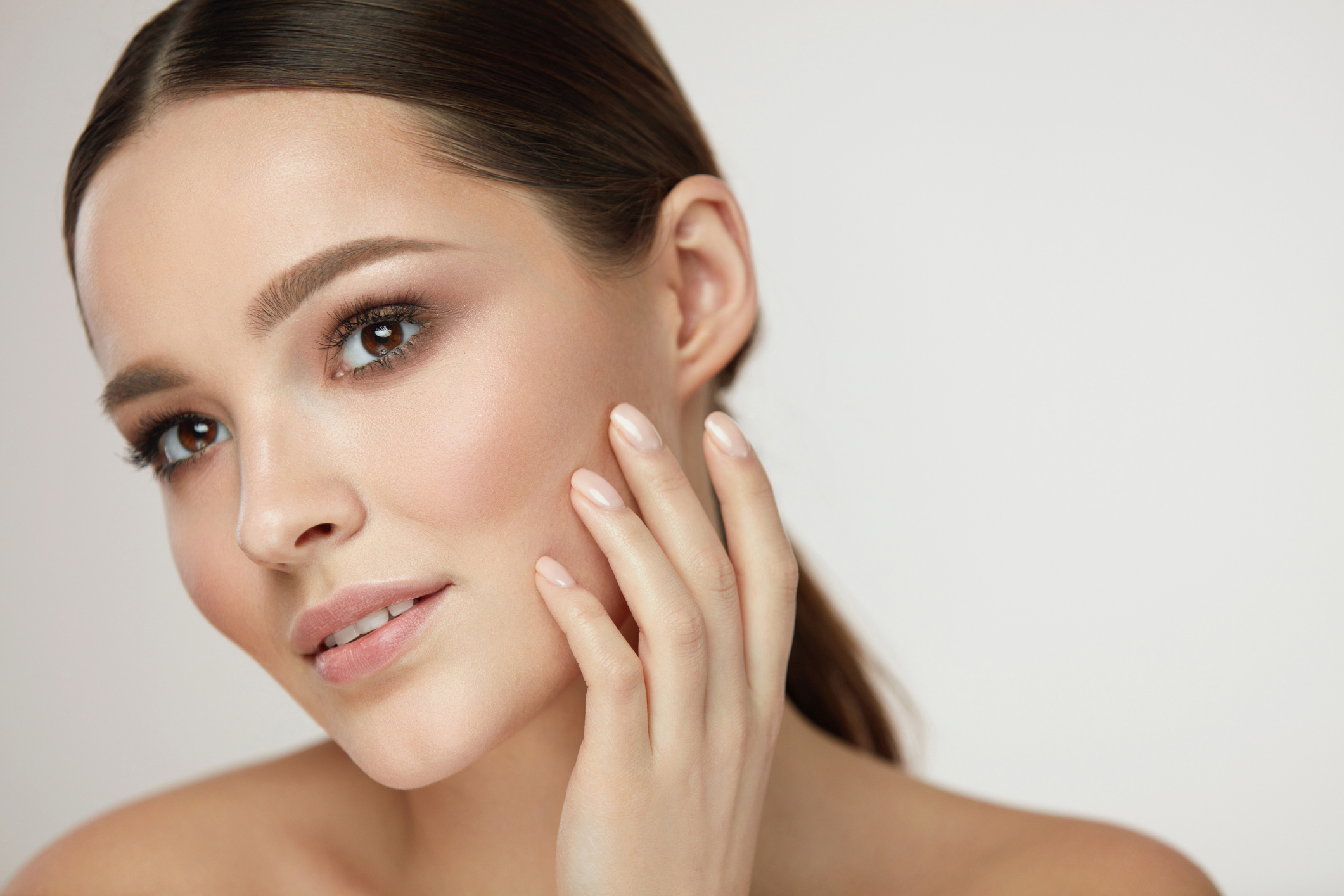About Dermaplaning

Dermaplaning, also called microplaning or blading, is a skin treatment that uses an exfoliating blade to remove dead skin cells and hair from the face.
The treatment helps make the skin smooth, radiant, and youthful by removing deep scarring from acne and uneven pockmarks on the skin. It’s also used to remove “peach fuzz,” or the short, soft hairs growing on the face.
Dermaplaning Uses
How Dermaplaning Works
On a daily basis, skin is exposed to harsh environmental toxins, irritants, and sun damage. This can cause the top layer of skin to appear dull, and cause individuals to look older than they are. Dermaplaning removes damaged skin cells so that newer skin cells can come to the surface.
The tool used for dermaplaning looks like a razor typically used to remove body hair. Dermaplaning utilizes the same concept as shaving. By slowly dragging a sterile blade at a 45-degree angle across the skin, the aesthetician removes dead cells, scar tissue, and other debris that may cause the skin’s surface to look uneven.
What To Expect
Comfort Level
Anesthetics
Dermaplaning Tool
Soothing Skin
Protecting Skin
Results
Frequently Asked Questions
The results of dermaplaning aren’t permanent, as the treatment can only clear away up to three weeks’ worth of dead skin cells. After three weeks to a month, the individual will need to undergo dermplaning to maintain clear skin.
